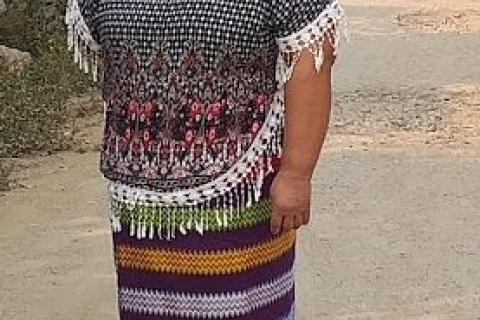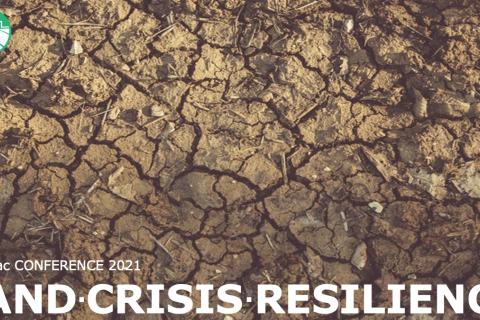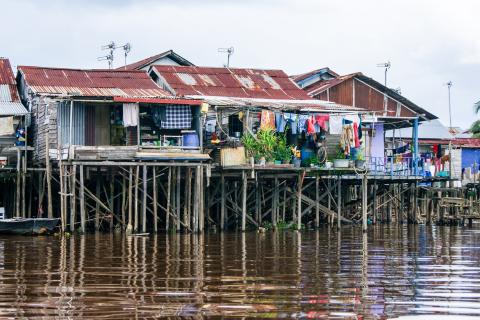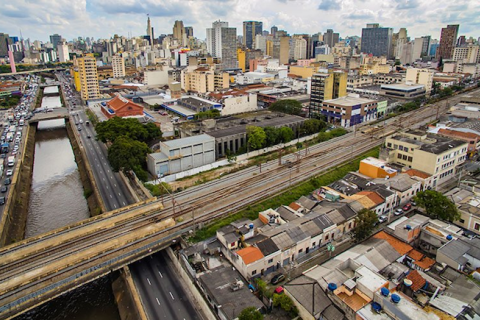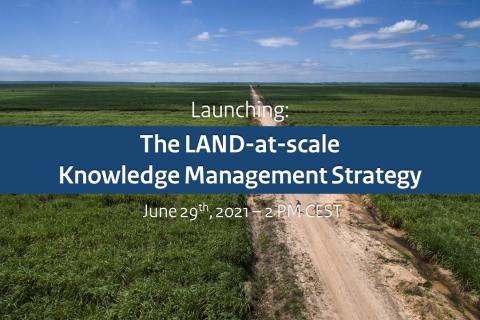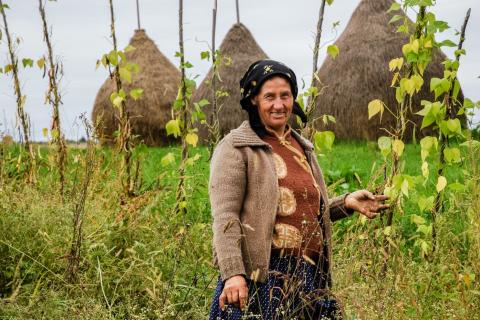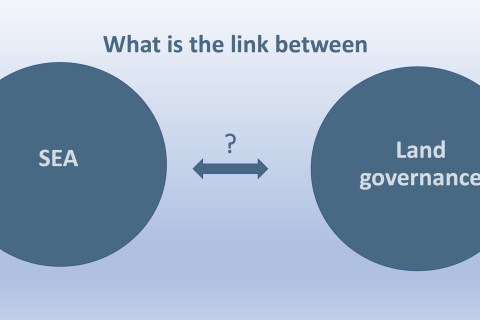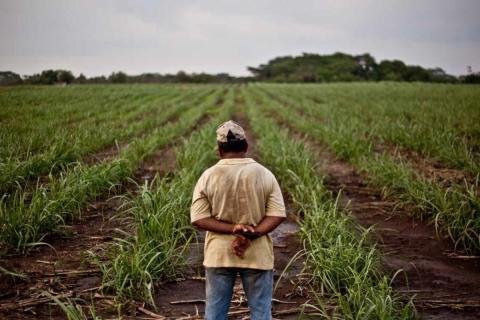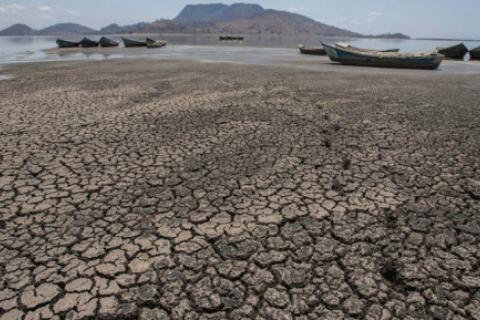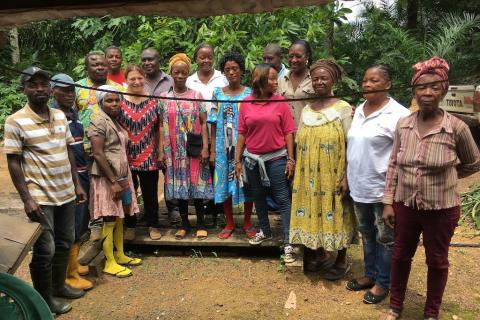Black Water and Toxic Dust: Closing Illegal Mines in Myanmar
No one asked them. No one even informed them. The first indicator the villagers had that something was happening in the Ar Yel Mountains was the arrival of men in construction hats.
At the beginning the disturbance was minimal; it was only one or two companies undertaking site explorations and tests. But by 2014, eight companies were “tearing the mountains apart” in their quest for manganese dioxide. That, said the villagers, was when the problems really began.

